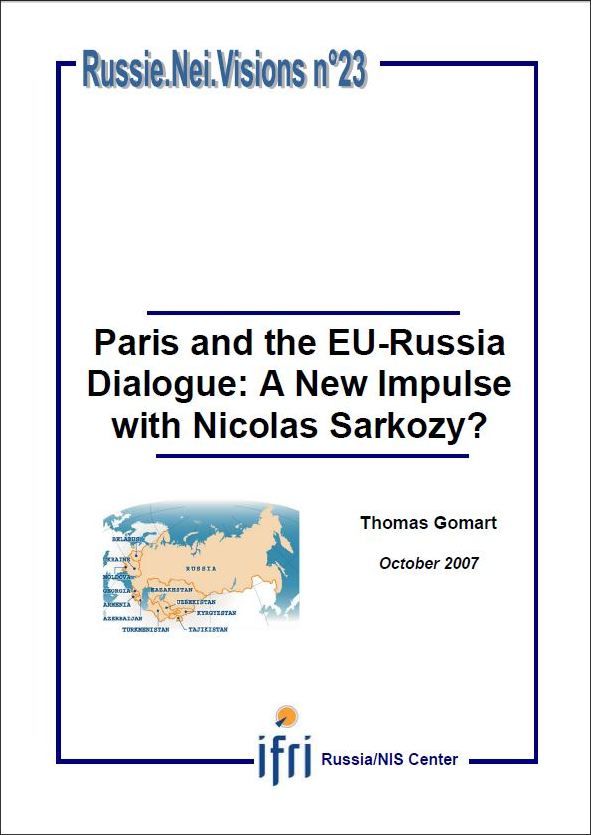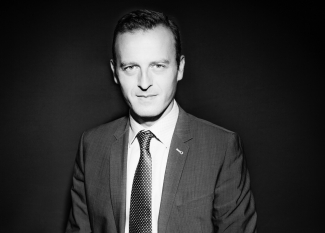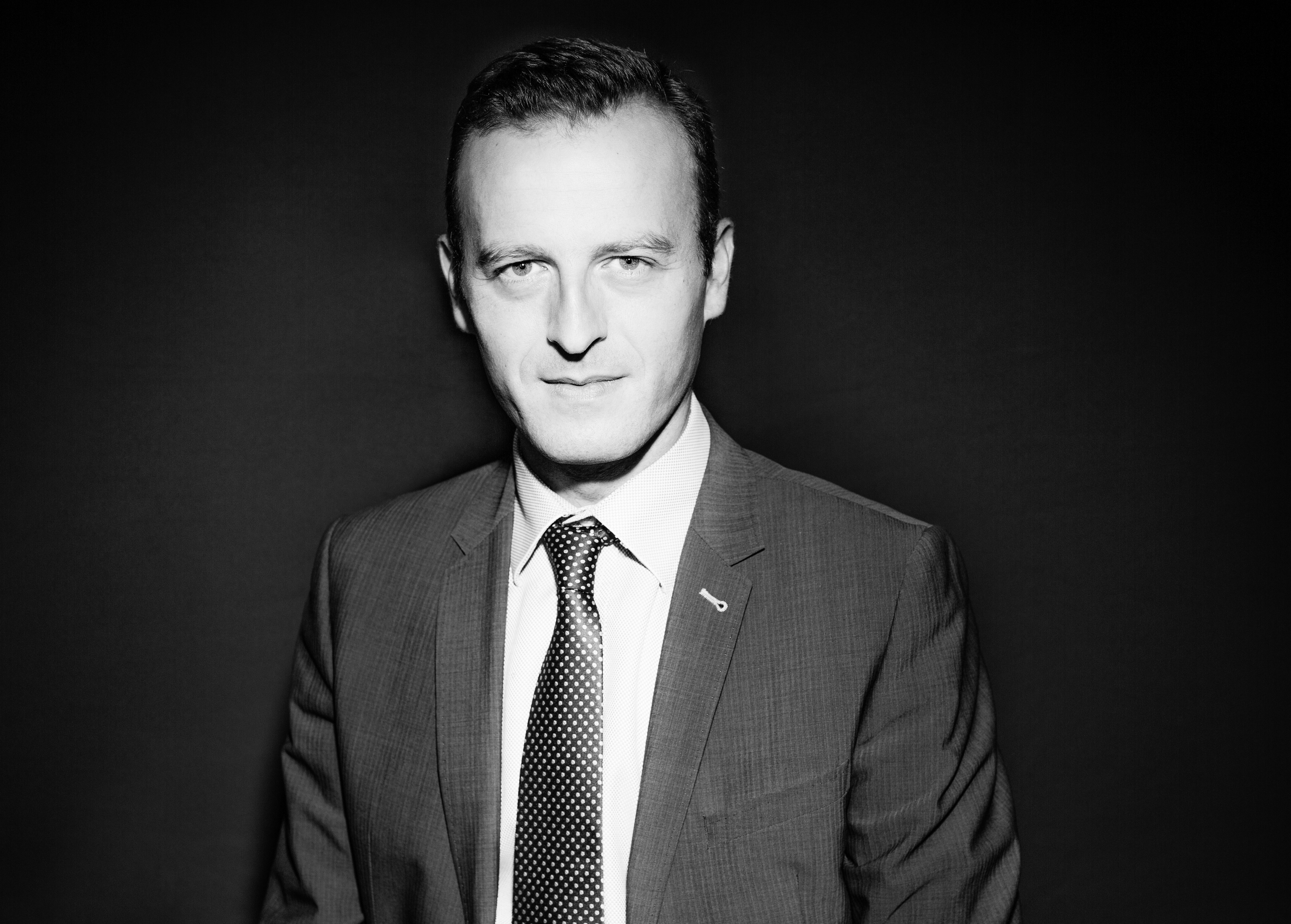Paris and the EU-Russia Dialogue: A New Impulse with Nicolas Sarkozy?

The visit by French President Nicolas Sarkozy to Russia (October 2007) and the future French Presidency of the European Union (in the second half of 2008) call for a reflection on Franco-Russian relations and their structure within the broader framework of Russia-Europe relations. In the coming years, the nature of the EU-Russian dialogue will become a crucial issue, while Franco-Russian bilateral relations are now relegated to second place. This discrepancy is forcing French policy-makers to resort to a pragmatic and realistic approach in order to better combine the two agendas. This article examines the immediate issues at stake in the EU-Russian dialogue, the EU's attitude toward Russia and, conversely, Russia's attitude toward the EU. For each point, this article will examine whether the French stance has been sustained or if it has evolved.
Download the full analysis
This page contains only a summary of our work. If you would like to have access to all the information from our research on the subject, you can download the full version in PDF format.
Paris and the EU-Russia Dialogue: A New Impulse with Nicolas Sarkozy?
Related centers and programs
Discover our other research centers and programsFind out more
Discover all our analysesThe Caspian Sea as an Emerging Energy Hub : Potentials and Limitations
This report analyzes the prospects of the Caspian Sea region — and its key actors except for Russia and Iran — becoming an important energy hub serving the needs of the European Union (EU).
The European Union's Strategic Test in Georgia
The political crisis brewing in Georgia is of an existential nature for the country. What is at stake is Georgia's future as a democratic and sovereign European nation (EU).
Commanders of Putin's Long War: Purged, Reshuffled and Disgruntled
The trend of reshuffling the Russian top military command in the course of a fast-evolving and far from successful war has progressed unevenly both across the Armed Forces’ structures and in time. The rationale for and timing of the abrupt cadre decisions made by Commander-in-Chief Putin often defy logical explanation, and the rare official clarifications are no more informative than the usual information blackout.
Russian Military Manpower After Two and a Half Years of War in Ukraine
In addition to a military victory in Ukraine, the Russian leadership is planning to build up sizable troop formations for a possible conflict with NATO in the Baltic region and the Kola Peninsula. In particular, current plans aim for the military manpower to grow by about 350,000, reaching a total of 1.5 million soldiers and commanders. In the context of the current conflict in Ukraine, this cannot be accomplished without a new wave of mass mobilization.












